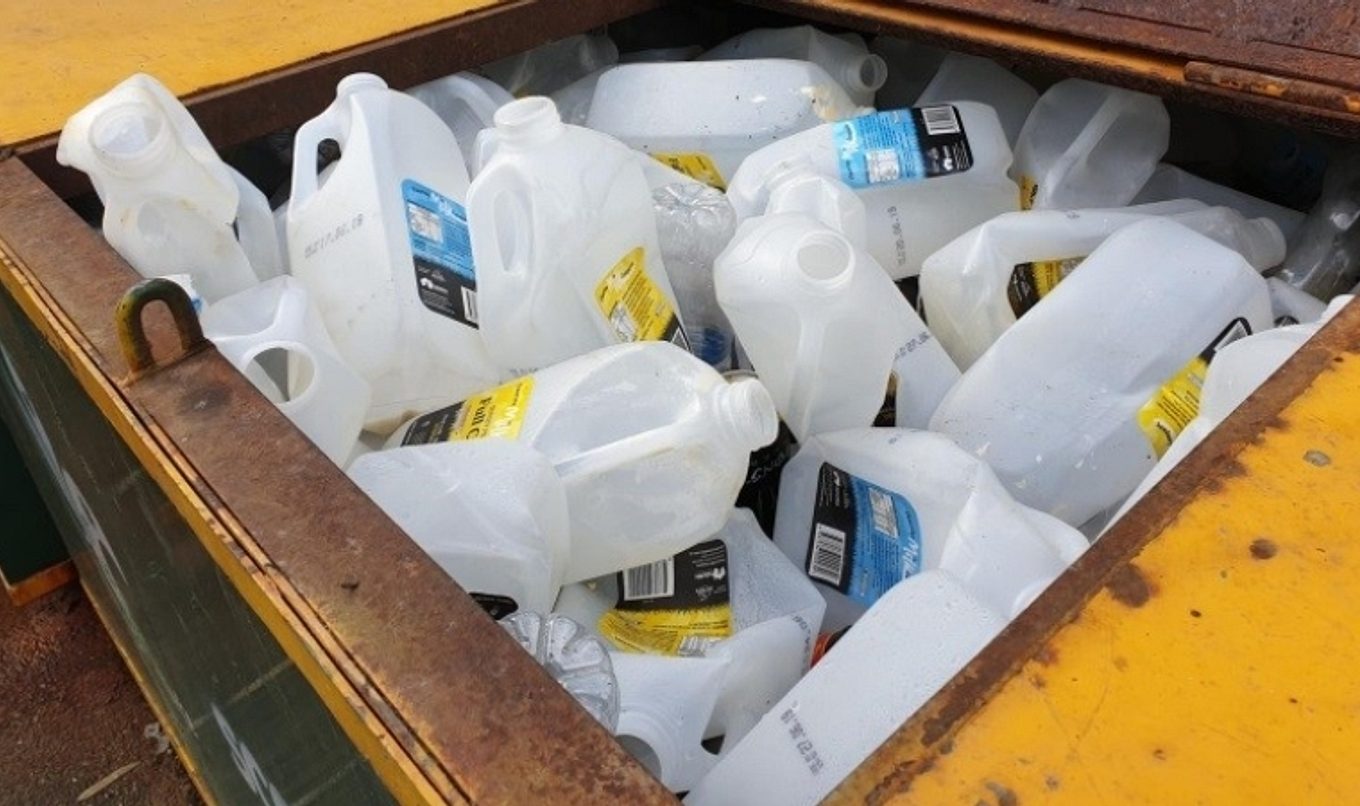Cleland Wildlife Park achieves zero waste to landfill
South Australian tourism icon, Cleland Wildlife Park, reached an important environmental sustainability milestone this month, achieving zero waste to landfill for the first time.

Café Team Leader at Cleland Wildlife Park Matthew Walker said with the introduction of dry waste bins, Cleland has engaged in a three month trial of diverting all dry waste into Process Engineered Fuel(PEF) renewable energy that is then used as a substitute for coal and gas.
“Through this process, all park waste is being converted as PEF and we are seeing immediate results with this month’s achievement of zero waste to landfill,” Mr Walker said.
“Originally, we started looking at ways to better improve the diversion of our green waste so we engaged local compost company Jeffries about using their green bins.
“Everything we sold over café counter now also goes into commercial composting – from coffee cups to lids to (plant-based) plastic containers. We then started collecting all soft plastics and recycling through yellow bins. Other plastic bottles and PET containers are sent to Scout Recycling Centre.
“From there we expanded to a dry waste program to divert everything away from land fill.”
By diverting organic waste from landfill through composting, Cleland has reduced its carbon emissions by more than 23,000 kilograms of carbon monoxide in the last financial year alone. This total offset is equivalent to 9,732 litres of fuel saved, and 6.41 cars off the road.
Mr Walker said the process has been run and driven by the passionate staff at Cleland Café.
“They are the ones separating and sorting the rubbish and demonstrating the sustainable practices we can achieve on site to lessen our footprint and lead by example,” Mr Walker said.
“Cleland Café is now an example for all café businesses demonstrating what can be achieved
“It provides another touch point to engage with our visitors and promote the importance of sustainable waste management, educate them on environmental impacts, and collectively work towards reducing landfill to conserve our natural resources and wildlife.”
“Being part of the Department for Environment and Water and a wildlife conservation park, we need to lead by example so it’s gratifying how we’ve been able to demonstrate that a site be landfill free at very little cost.”

